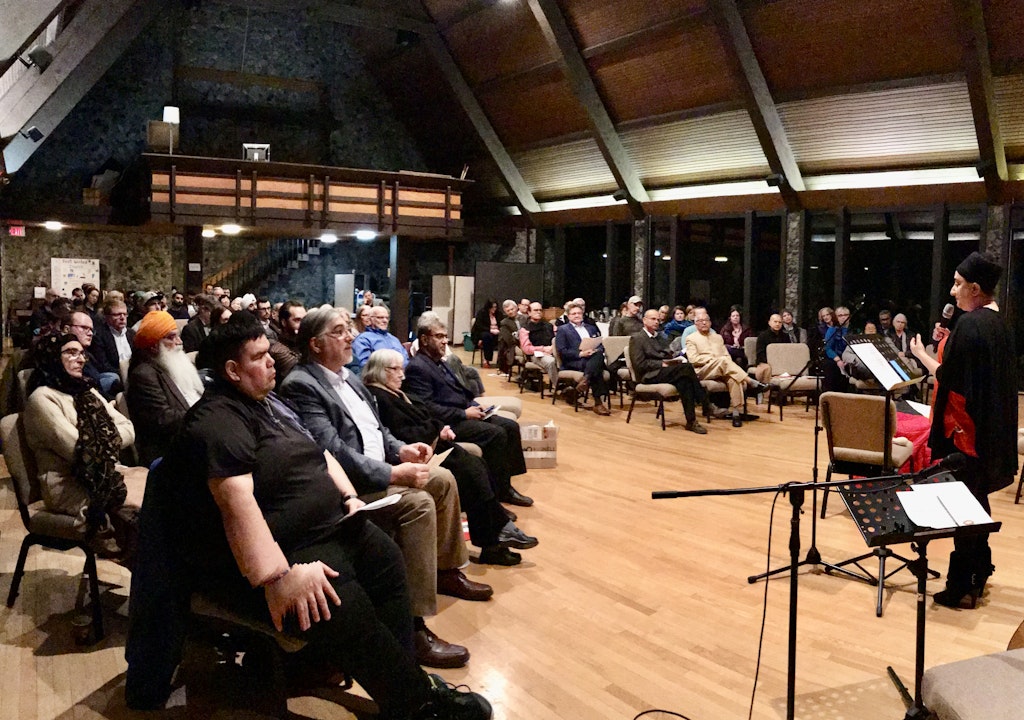The Bahá’í teachings offer a transformative framework to examine the perennial conflict between the primal emotions of rage and the tranquil pursuit of peace. At the heart of this examination lies a profound understanding of the human condition, where the stark dualities of conflict and reconciliation collide. The Bahá’í perspective, imbued with an unwavering commitment to unity, posits that the alleviation of human strife transcends mere pacification; it involves the cultivation of a robust inner life that propels individuals from the depths of rage to the heights of peace.
This journey is metaphorically akin to traversing a vast desert, where the parched landscape of enmity may seem inhospitable yet yields to the oasis of understanding and compassion, illuminating the path to reconciliation. The Bahá’í approach engenders a holistic perspective that recognizes the interconnectedness of all humanity, thereby reinforcing the notion that peace is not merely the absence of conflict but rather the active promotion of harmony.
Central to the Bahá’í teachings is the principle of the oneness of humanity. This pivotal concept urges individuals to rise above prejudices, be they racial, social, or national, advocating for a collective identity that celebrates diversity within unity. In a world often rife with fragmentation, the Bahá’í call to acknowledge our shared humanity serves as a beacon of hope. It beckons us to forgo the mire of hostility and embrace an ethos of constructive dialogue, fostering an environment conducive to amicable resolution.
The teachings further elucidate the significance of justice as a foundation for enduring peace. Justice, in this context, transcends mere punitive measures; it embodies a proactive stance that seeks to rectify imbalances and uphold the dignity of every individual. Bahá’u’lláh, the founder of the Bahá’í Faith, articulates that “the best beloved of all things in My sight is Justice.” This maxim underscores the imperative to pursue equitable solutions that address grievances, thereby mitigating the potential for conflict to fester and erupt into violence.
Yet, justice must be tempered with love and compassion. The Bahá’í narrative advocates for a harmonious blend of these virtues, suggesting that the pathway from rage to peace necessitates understanding the complex emotions that fuel conflict. Individuals are encouraged to cultivate empathy, regarded as a potent antidote to anger and a catalyst for healing. This empathetic engagement compels us to transcend our immediate reactions, challenging us to perceive the broader tapestry of human experiences that underlie the discord.
In examining the intricacies of the human psyche, the Bahá’í teachings also delve into the significance of personal transformation. The transition from rage to peace necessitates an inner metamorphosis, fostering attributes such as patience, humility, and forgiveness. It is within this crucible of self-reflection that individuals may harness the potential to alter their responses to external provocations. The inner battle against the tempestuous forces of resentment and indignation requires deliberate effort, akin to a sculptor chiseling away at a rough stone to reveal the masterpiece within.
Moreover, the Bahá’í perspective advocates for the role of education in this transformative journey. Education is viewed not merely as the acquisition of knowledge but as the cultivation of virtues that empower individuals to navigate the complexities of human relationships. By fostering critical thinking and moral reasoning, education paves the way for the emergence of leaders who prioritize peace over warfare. It equips individuals with the tools necessary to deconstruct the narratives of hatred and intolerance that often underpin conflict, thereby facilitating a collective aspiration towards a more harmonious existence.
Additionally, the Bahá’í teachings emphasize the importance of collective action in the pursuit of peace. While personal transformation remains vital, the Bahá’í Faith asserts that societal structures must also evolve to reflect values of justice and equity. This entails the establishment of systems that prioritize negotiation, diplomacy, and restorative justice—a paradigm shift away from retributive models that seek vengeance. The collective undertakings of communities, grounded in principles of cooperation and mutual respect, hold the potential to alter the trajectory of nations embroiled in discord.
Furthermore, the Bahá’í perspective on war and peace recognizes the cyclical nature of history, wherein the tumult of conflict often gives way to the peace forged through understanding and cooperative efforts. The narrative of human development is marked by episodes of strife, yet is also punctuated by moments of profound collective reconciliation. This cyclical view encourages an optimistic outlook, fostering the belief that humanity is steadily progressing towards a future devoid of war. Such an optimistic conviction is crucial, as it galvanizes individuals to persistently engage in peace-building initiatives, irrespective of the seemingly insurmountable challenges that may arise.
As we embark on this journey from rage to peace, it is essential to recognize the profound impact of spiritual resilience. The Bahá’í teachings impart that nurturing a connection to the divine equips individuals with the fortitude to confront the multifaceted challenges of existence. This spiritual anchoring instills a profound sense of purpose, emboldening individuals to navigate the turbulent waters of conflict with grace and steadfastness.
In sum, the Bahá’í perspective on war elucidates a mosaic of teachings that collectively advocate for a transition from the throes of rage to the serenity of peace. By emphasizing the oneness of humanity, the imperative of justice, the necessity of personal transformation, the role of education, and the potential of collective action, the Bahá’í Faith offers a robust roadmap for navigating the complexities of human conflict. It invites individuals to embark on a transformative journey that transcends mere cessation of hostilities, culminating in a profound, enduring commitment to peace. A peace that is not only desired but is sought after with fervent determination, arising from the depths of shared humanity.
